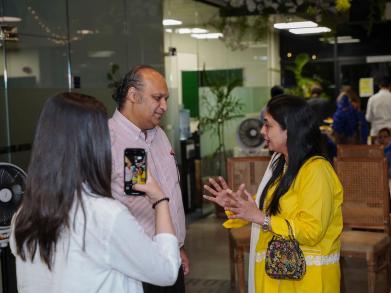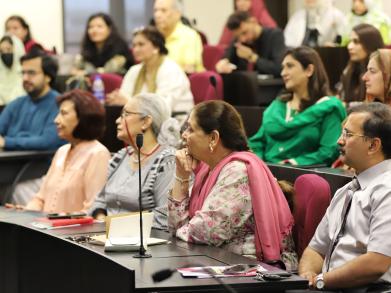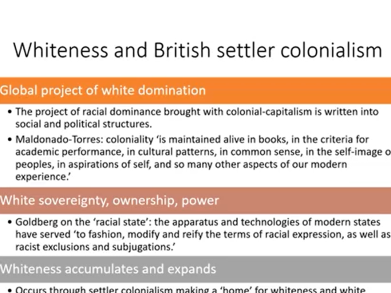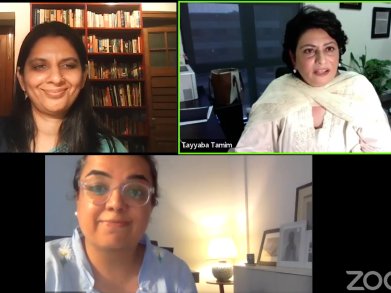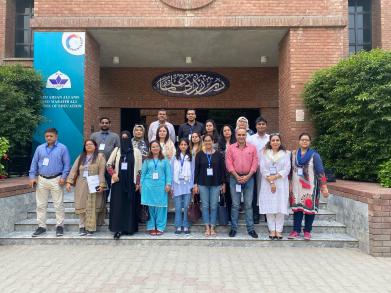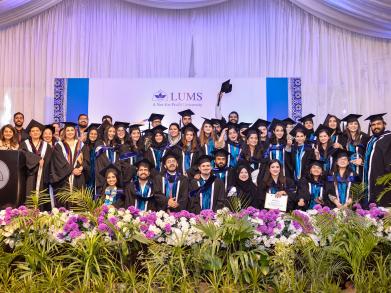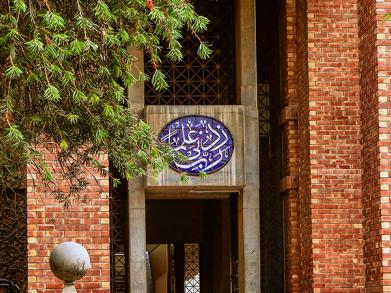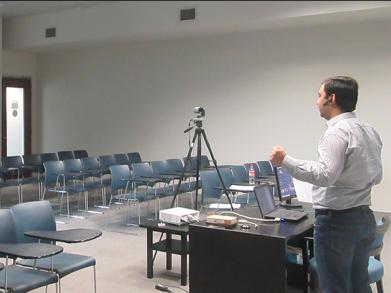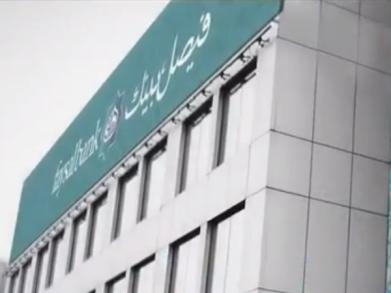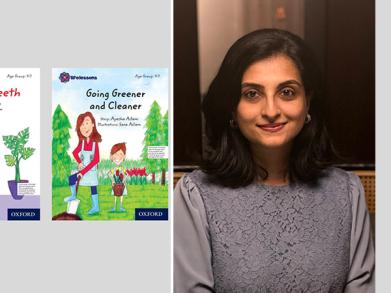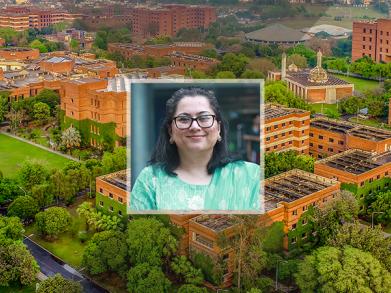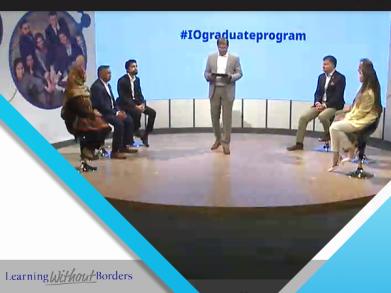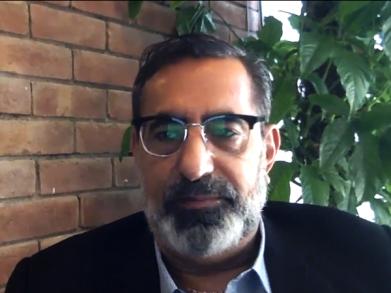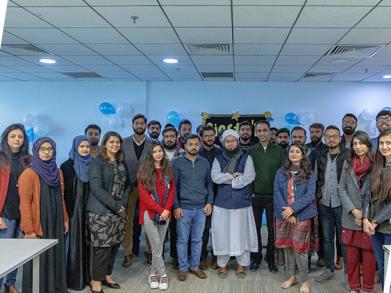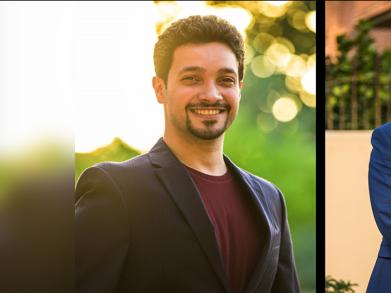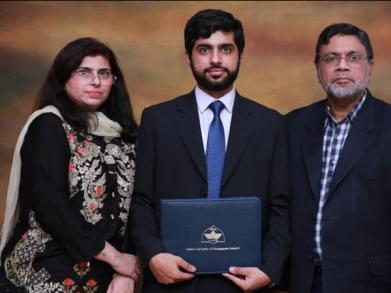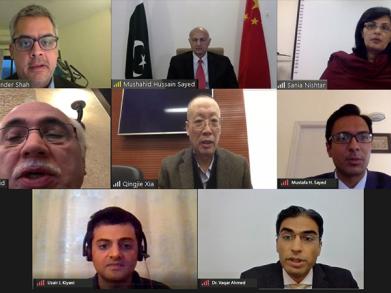SOE Invites Leading Institutions to Reflect on Mathematics Education in Society
The School of Education (SOE), the fifth School at the Lahore University of Management Sciences (LUMS), hosted an information session on January 30, 2018, titled, “What are Mathematics Houses: How do you Promote a Culture of Mathematics in Society”, to focus on the importance of developing effective methods to aid Mathematics education in society.
The event was attended by 300 enthusiastic participants, which included members from leading educational institutions of Punjab, including Allied Schools, Beaconhouse School System, Lahore College for Women University, Quaid-e-Azam Academy for Educational Development, along with members of the LUMS student body and faculty.
As the moderator, Dr. Mariam Chughtai, Associate Dean, LUMS SOE, inaugurated the session with a welcome note and a brief introduction of the MPhil Education Leadership and Management programme. The distinguished panel included two eminent mathematicians from Isfahan Mathematics Society, in Iran – Ms. Sharareh Raghi Dastjerdi and Ms. Fatemeh Hani Tabaei Zavareh – and members of the LUMS faculty, Dr. Adnan Khan, Assistant Professor, Department of Mathematics and Dr. Muhammad Farooq Naseer, Assistant Professor, Department of Economics Department.
The discussion centred on developing tools for educators that can contribute towards a better understanding of Mathematics. The need for alternative teaching methods and curriculum, which encouraged critical thinking and a shift away from rote learning, was emphasised. The Iranian mathematicians highlighted features of a mathematics house; a new concept that aims to offer workshops and tools to students and teachers for promoting a greater understanding of the subject. Ms. Sharareh states: “There are problems in the formal education of Mathematics. People prefer to use shortcuts, and are not focusing on learning to clarify their concepts. They want the easy and fast way out”.
Dr. Mariam Chughtai said, “There is an emerging need for the development and implementation of improved educational techniques. We need programmes like the MPhil Education Leadership and Management programme to produce leaders who can reform the education landscape of Pakistan.”
Dr. Adnan Khan talked about the need to teach Mathematics by placing it in the Pakistani context: “In subjects like Science and Mathematics, there is no ‘culturization’, they are taught as universal subjects. It should not be just a test of memory; students are taught how to represent data, but are not given direction on what to do with that data.”
Dr. Farooq Naseer pointed out how there is also a need for better quality textbooks, and that the government can regulate the process of producing these textbooks so that they are subsidized and accessible to all.
The question answer session provided insight into the practical workings of the educational institutions in Pakistan, and how teaching and administrative methods can be modified according to the growing demands of the 21st century. Shazia Afzal, former LUMS faculty and currently running a school for underprivileged children, highlighted how language is one of the biggest barriers in learning; the language of instruction makes it difficult for students to understand the concept, which is why they resort to rote learning. Methods of assessment and their effectiveness were also discussed.
The event concluded on a tea, which served as a networking opportunity for the attendees and participants.






